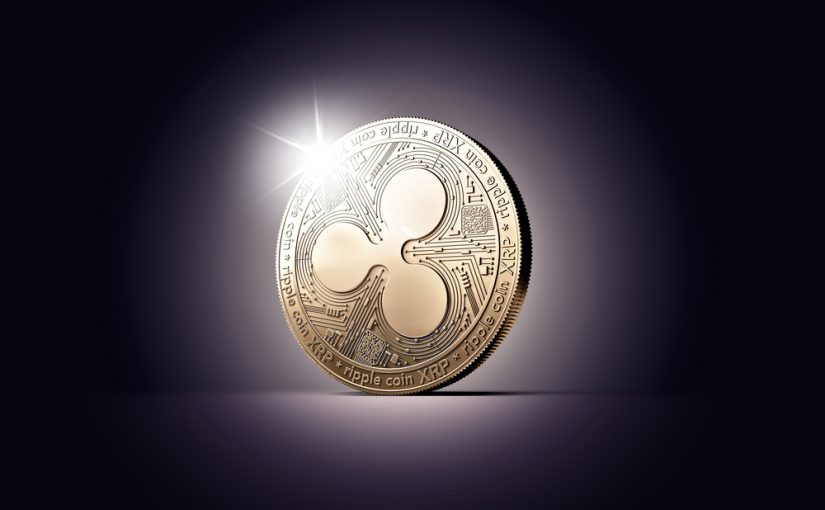Ripple's Great Opportunity: The Alternative Crypto Investment To Bitcoin And Ether

Summary
Ripple is the fourth most valuable cryptocurrency, and it has a lot of variation from Bitcoin, Ether, and Bitcoin Cash above it.
Ripple has shown how it can disrupt "wiring" and financial settlements in less time and a fraction of the price.
While the other coins' price falls on regulation and adoption news, Ripple is finding enterprise partners finding ways to utilize its disruptive technology.
As its use case increase, it will separate from consumer-facing coins and see an increase in price.
Bitcoin and Ether have been dominated headlines in the crypto world for much of 2017, except for the occasional article about smaller coins with insane value returns. It’s right for these two to share the spotlight (along with Bitcoin Cash, the Bitcoin spin-off that’s now #3 in total market capitalization among all crypto currencies and assets)—since together Bitcoin and Ether make up nearly 70% of the total market. Both, of course, have also had staggering growth in 2017.
But there’s evidence to suggest that both have hit their relative near-term ceiling, and as new investors flock to crypto (Coinbase for instance, may have added 100,000 users just last week), new coins will be looked at to be the “next” big risers. Ripple and Dash, two coins also in the top 10 in total market capitalization may just be those next coins.
The scenario is not that hard to imagine: if Bitcoin catches on as a form of worldwide value transfer (paper money) or as a backup to wealth (like gold or silver), blockchain technology-based coins can start to fill in other gaps. And that’s where a coin like Ripple fills in—ready to play its part in its own individual niche.
The best part though? Ripple can succeed with or without Bitcoin and Ether. It can succeed without mining technology or any changes in that, and it has a slew of big names behind it already. Ripple currently has 10% of the market cap of Bitcoin, but could be the first cryptocoin used by big business since it seeks to disrupt a current financial service (money transfers and settlements) while Ether seeks to create a new one